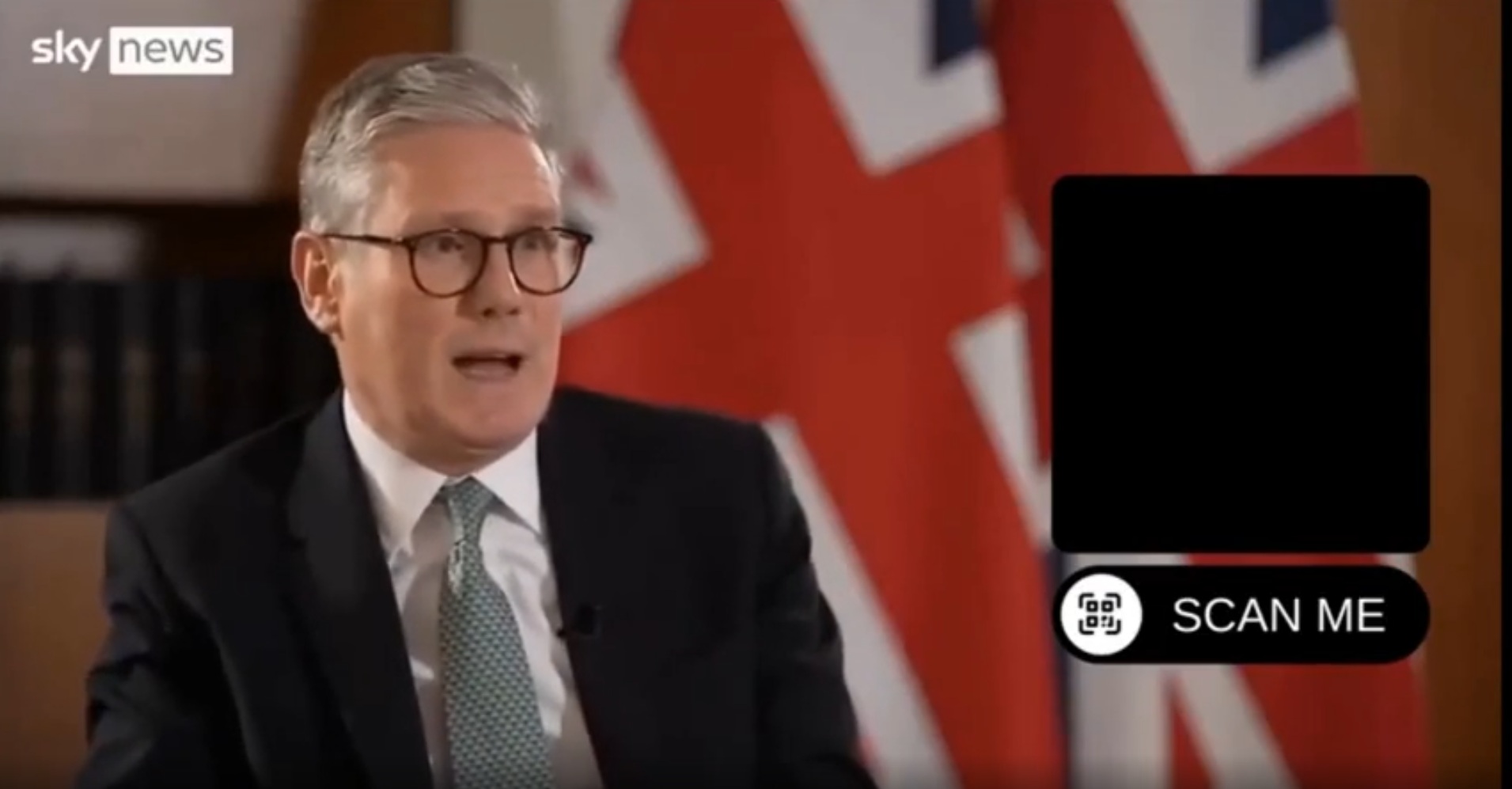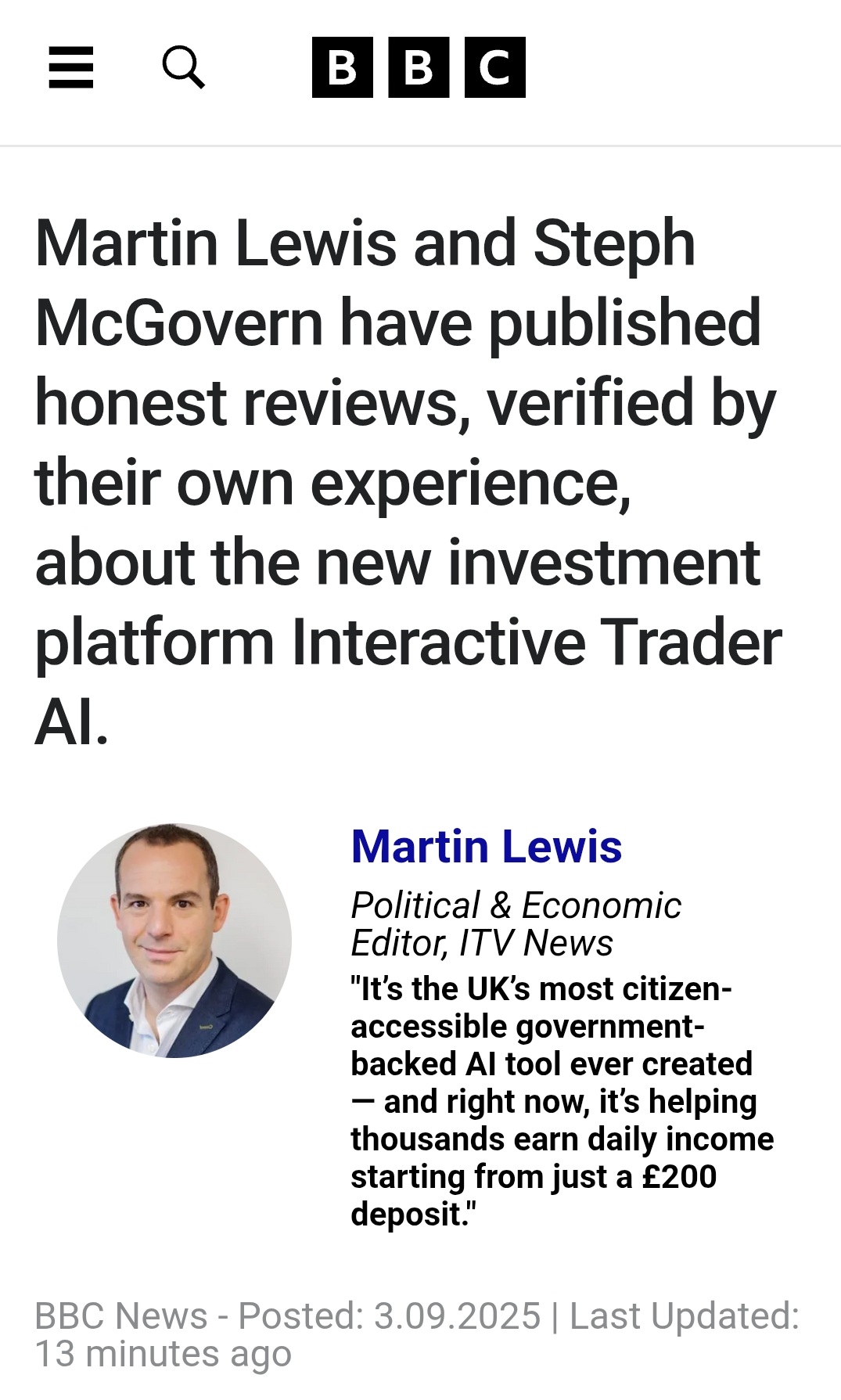Which? finds deepfake investment scams on YouTube

Which? has repeatedly warned about the global deepfake investment scams being run by an outfit called ‘Quantum AI’. Using deepfake videos of celebrity figures, Quantum AI peddles enticing investment offers on social media, this time on YouTube.
Tempted by the endorsement of a respected celebrity, you might be lured into visiting one of Quantum AI's websites. When you get there you're asked to invest, with the promise of large returns for little to no effort.
You may see profits initially, but then quickly find you'll never be able to withdraw any of your earnings or get your investments back. It's a dangerous scam that can see people lose large sums of money.
In a recent survey, the open banking payments provider Yaspa reported that one in 10 Brits lost money to investment scams. They found that four in 10 never recovered the money they lost after falling victim to a scam, and the average amount lost to scams was £765.
Read on to find out what we found on YouTube and how to stay safe from scams.
Sign up for scam alerts
Our emails will alert you to scams doing the rounds, and provide practical advice to keep you one step ahead of fraudsters.
Sign up for scam alerts
Investment scam ads

Which? found eight dodgy videos on YouTube that promoted the scam Quantum AI investment platform, which claims to enable you to invest in the stock market using artificial intelligence (AI). These videos had amassed over 17,000 views at the time of writing.
All of the videos we came across led to websites asking for your first name, last name, phone number and email address.
This is the same information scammers tried to glean in our original investigation into Quantum AI, carried out last year for Which? Tech magazine. We found that once we gave contact information to the scammers, they bombarded us with several daily calls from spoofed numbers coming from all over the world, and each time asked us to make investments of £200 to £250.
We traced one of the YouTube videos back to a generic video of a newsreader presenting breaking news.
Which? contacted YouTube about these videos, and it said: 'Phishing is prohibited on YouTube and when we find content that violates our policies, we take action.' It removed all eight videos that we shared with it.
A thread on Reddit has also shared warnings of these scams. One Reddit user warned of a Quantum AI scam video advert found on YouTube, which impersonated the Prime Minister, Sir Keir Starmer, and Sky News. The video appeared to include a QR code, which reportedly led to a website impersonating the BBC, featuring a fake article with the Prime Minister promoting the benefits of investing with Quantum AI.

We believe the scammers had taken a genuine interview and manipulated it to make it look and sound as if the Prime Minister was promoting Quantum AI's platform.
Countless adverts, emails and calls
Relentlessly targeting people with ads, emails and calls appears to be the tactic of Quantum AI's scam.
One person who'd shared evidence with us for our investigation last year told us how they've continued to be targeted by the fraudsters behind the investment scam. He told us that an advert on YouTube popped up while he was browsing on his phone, the ad impersonated Martin Lewis, Steph McGovern and the BBC. He said it led to a fake BBC copycat website asking for a name, email address and phone number to sign up.

He told us he continues to be contacted by Quantum AI scammers via email to this day.
After being scammed, the fraudsters may contact you again, suggesting that you can help recover your lost funds. This is known as a recovery scam, where scammers pose as being able to get you your money back, only to scam you again.
5 common signs of an AI deepfake video
- People in the video have dodgy and unnatural lip-syncing.
- Details such as the person’s hair, lighting and skin tone don't look believable.
- Any blurring in the video.
- Strange background noises or voices that sound robotic.
- Unnatural facial expressions.
Avoiding investment scams
Earlier this year, the Financial Conduct Authority (FCA) put out a warning about Quantum AI, stating that it may be providing or promoting financial services or products without the FCA’s permission.
Check that a firm is regulated by the FCA by searching the firm’s name on the FCA register. All scam platforms will be unregulated, but some may copy the details of a genuine firm, so always research the company before parting with any sensitive information or money.
It’s also best to avoid unrealistic offers presented in social media ads or posts from people promoting investment opportunities, especially if it comes from an unofficial account. Read our Which? guides on investments and investing.
Always be suspicious of entering your personal information into websites you’ve never visited before, and use a tool like TinEye or Google’s reverse image search (by selecting the image icon on the right of the search bar on Google) to check if an image has been used elsewhere.
You can also check if a website has been recently created by typing it into the Who.is website to get details on its registration – new websites are usually a sign of a scam.
If you lose any money to a scam, call your bank immediately using the number on the back of your bank card and report it to Action Fraud, or call the police on 101 if you’re in Scotland.



